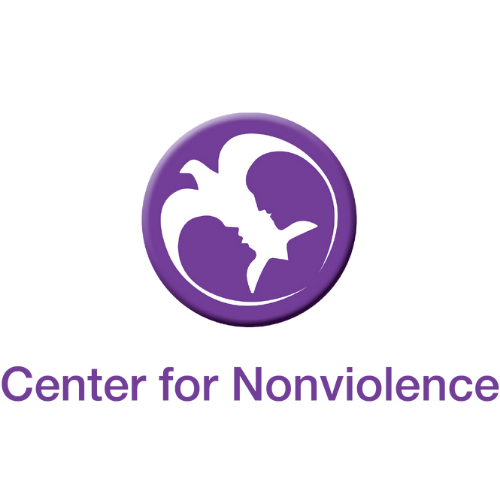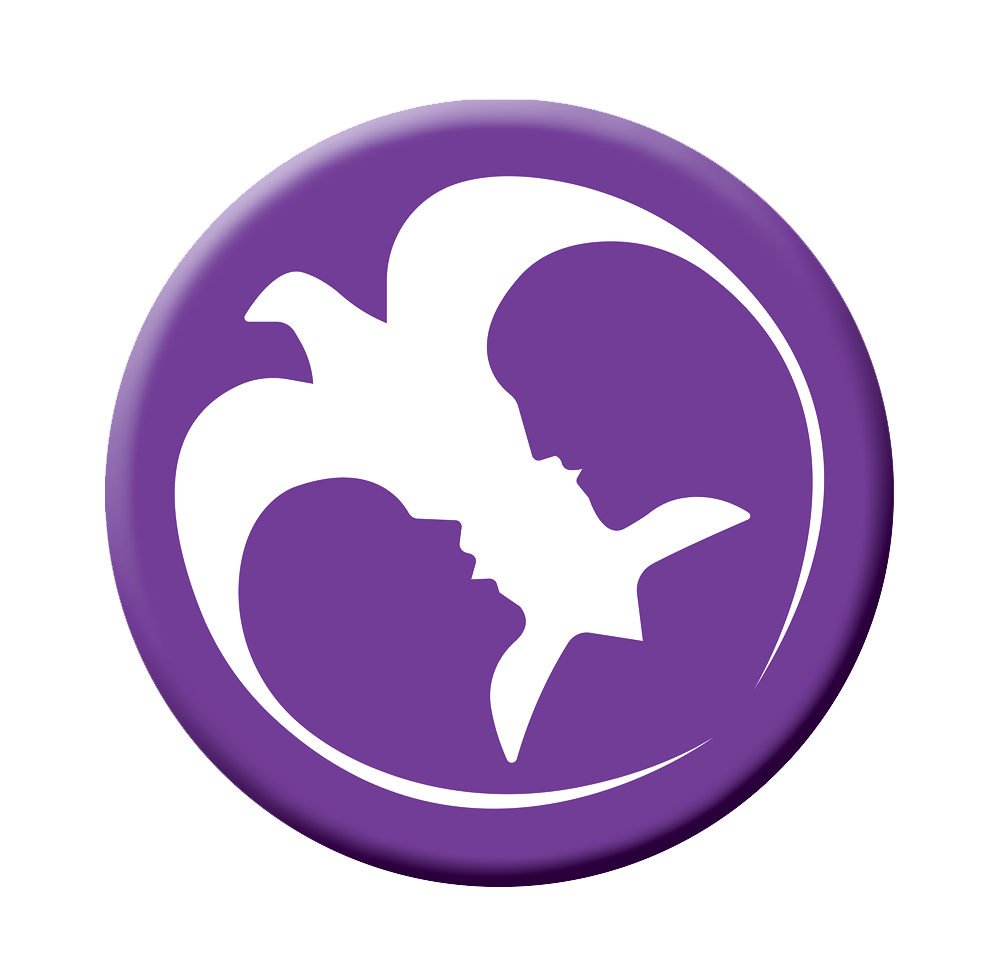Celebrating Black History, Black Life, Black Futures
Black History Black Future Month is a time of celebration, reflection, and action—a time to acknowledge the remarkable and diverse voices, lived experiences, and contributions of Black communities.
At the Center for Nonviolence, we are dedicated to lifting up and empowering Black voices through initiatives like the Sister to Sister Connection (S2S) program and the People of Afrikan Descent Advisory Group (PADAG).
Sister to Sister Connection (S2S):
Empowering Unity for Black Women
S2S is a transformative community of resilient Black women who uplift each other, share resources, and heal together. S2S is a safe haven to embrace sisterhood, find strength, and access the support Black women deserve.
Developed by Khalilah Hanan in collaboration with Ashanti Ditaway and Elka Jackson, this Black woman-led program understands first-hand the unique challenges Black women face and addresses them through weekly discussion groups, community engagement activities, social events, and individualized advocacy for those who may need additional support outside of group gatherings.
In a conversation with the program creators, they shared the following:
The diversity of cultural environments that Black women must navigate every day can have a marginalizing, even traumatizing, impact on their lives. Because of "misogynoir" (racism and sexism that is specifically targeted toward Black women), we often do not get our needs met in these environments. Sister to Sister Connection offers a safe and affirming space for Black women to support one another, be vulnerable together, and gain strength through the spirit of solidarity and collaboration that Black women are used to.
Through S2S, Black women can:
Openly discuss their experience of institutional and interpersonal violence and other macro and microaggressions;
Name and problem-solve solutions to the challenges and conflicts inherent in navigating oppressive environments and ending the kind of violence Black women experience;
Be vulnerable and honest in ways they often cannot be when operating in predominantly white spaces;
Dismantle the stereotypes, negative images, and hidden biases that are used to demean and disregard Black women;
Equip Black women with the tools necessary to live up to their highest potential as they learn to practice and promote well-being and gain strength and healing through the process of collaboration that group work offers; and
Use self-empowerment as a catalyst for community engagement and violence prevention through the active promotion of Safe, Stable & Nurturing Relationships & Environments in their homes, neighborhoods, and communities.
To learn more about S2S, contact us at support@centerfornv.org or call 260-456-4112.
The People of Afrikan Descent Advisory Group (PADAG):
Honoring & Empowering Afrikan-American Lives in Fort Wayne
Many years ago, the Center for Nonviolence formed advisory groups to ensure the organization centers and prioritizes the needs, experiences, and voices of Black, brown, queer, and immigrant/refugee populations across all aspects of the organization, including programs, services, operations, volunteering, and board (CP) membership. One such group is the People of Afrikan Descent Advisory Group, or PADAG.
The mission of the People of Afrikan Descent Advisory Group at the Center for Nonviolence is to educate, empower, awaken, and advance the quality of life for Black people and Black communities in Fort Wayne and across the state.
PADAG's role is to stay engaged with the work of broader movements for Black liberation, such as The Movement for Black Lives and Black Lives Matter.
The group outlines six principles and practices that guide CFN staff in the organization's commitment to working against state-sanctioned violence and racist oppression:
Build alliances with Black people and existing Black movements and organizations. Listen to the voices of Black people and follow their leadership, both locally and nationally.
Recognize, acknowledge, and be accountable for addressing instances where CFN, as a traditionally white organization, has engaged in practices that have further marginalized Black staff, clients, and community members.
Understand their responsibility as staff to work against state-sanctioned violence and other acts of racist oppression.
Demonstrate compassion and understanding for the plight and needs of Black people, particularly those who are victims and survivors of violence, regardless of whether or not there is agreement or disagreement with the positions Black people may take on an issue or the strategies they may use in seeking justice and liberation.
When making decisions that impact the PADAG specifically or Black people broadly, practice collective process by striking a balance between attending to the urgent need for action and engaging in organizational communication and consensus-building.
Advocate for and promote problem-solving strategies that are rooted in Womanist and Afrikan cultural practices, such as dialogue, consensus-building, reparation, and atonement, while understanding that strategies rooted in European/Western beliefs contribute to the oppression and marginalization of Black people.
For more information about PADAG events, activities, and opportunities to engage, contact Elka Jackson at ejackson@centerfornv.org or by calling 260-456-4112 x111.
Together, we can make a meaningful impact on the journey toward collective liberation. We aim to build a more just future where celebrating Black History, Black Lives, and Black Futures is an everyday practice.



